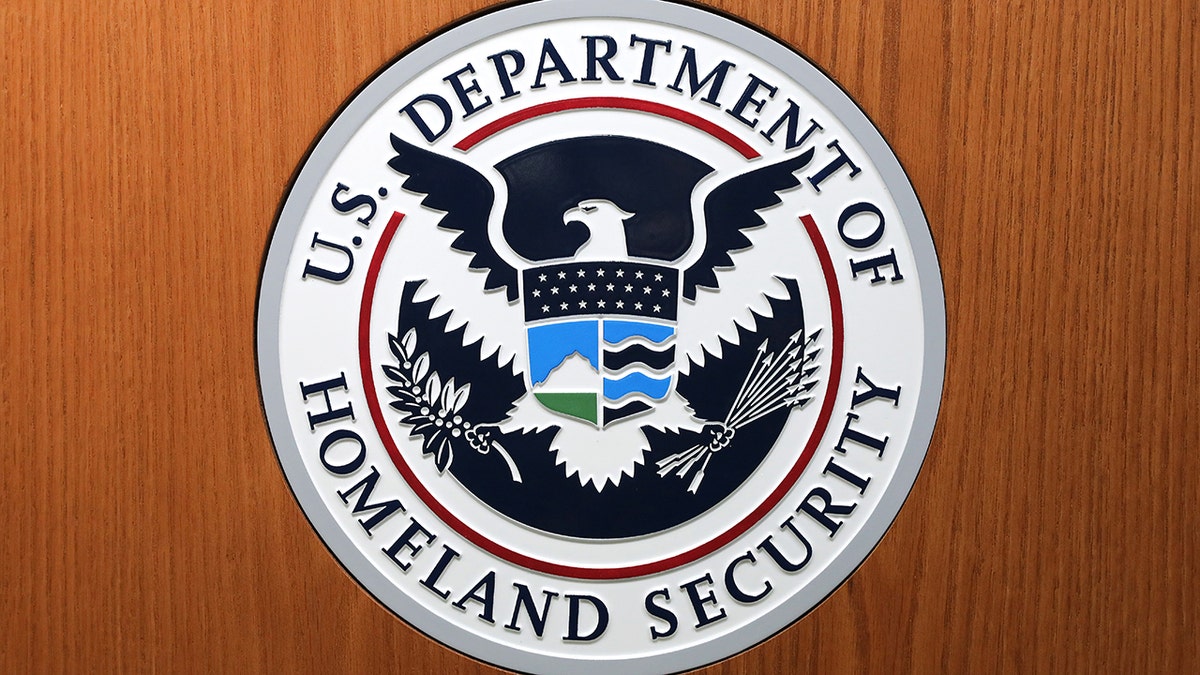The legal battle surrounding the controversial Deferred Action for Childhood Arrivals program continues to play out in court.
The current clash involves arguments before the U.S. Court of Appeals for the Fifth Circuit on Thursday as multiple states, including New Jersey, face off with the federal government and other parties.
The DACA program pertains to permitting undocumented individuals who arrived in the U.S. as young people to remain in America.

Former President Obama and President Biden mark the 2010 passage of the Affordable Care Act, at the White House on April 5, 2022. (Chip Somodevilla/Getty Images)
“DACA temporarily delays the deportation of people without documentation who came to the U.S. as children,” according to USA.gov.
But the policy has previously been deemed unlawful amid legal wranglings.
A 2021 order signed by U.S. District Judge Andrew Hanen instructed the Department of Homeland Security “to post a public notice, within 3 calendar days of this Injunction, to be displayed prominently on its website and on the websites of all other relevant agencies, that a United States District Court has found the DACA program to be illegal[.]”

The Department of Homeland Security seal on a podium at the Ronald Reagan Building on Aug. 21, 2019, in Washington, D.C. (Chip Somodevilla/Getty Images)
But Hanen indicated that the government was not being instructed to nix the DACA status of any recipients in good standing at the time.
Similarly, a Biden-era rule pertaining to DACA has also been slapped down.
In 2023, Hanen wrote that “the Court finds that the Final Rule, like the 2012 DACA Memorandum before it, is subject to this Court’s (and the Fifth Circuit’s) prior rulings. There are no material differences between the two programs. As such, the Final Rule suffers from the same legal impediments.”
TEXAS JUDGE WHO PREVIOUSLY DEEMED DACA ILLEGAL REAFFIRMS RULING

This aerial picture taken on Dec. 8, 2023, shows the US-Mexico border wall in Sasabe, Arizona. (Valerie Macon/AFP via Getty Images)
CLICK HERE TO GET THE FOX NEWS APP
“We are deeply disappointed in today’s DACA ruling from the District Court in Southern Texas,” White House press secretary Karine Jean-Pierre said in a statement in September 2023.
“On day one of his Administration, President Biden issued a memorandum directing the federal government to take all appropriate actions to ‘preserve and fortify the DACA policy. Consistent with that directive, the Administration has defended the DACA policy from legal challenges, and issued a final rule codifying this longstanding policy,” Jean-Pierre noted.